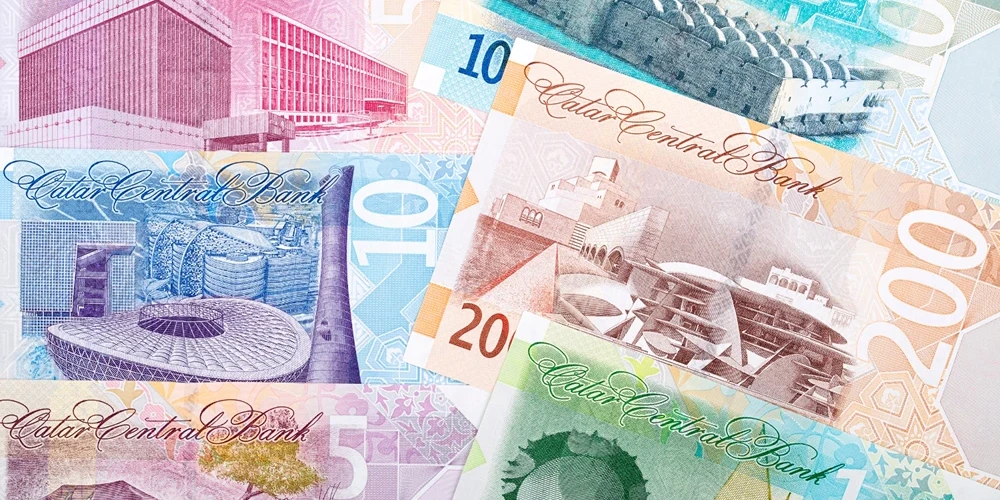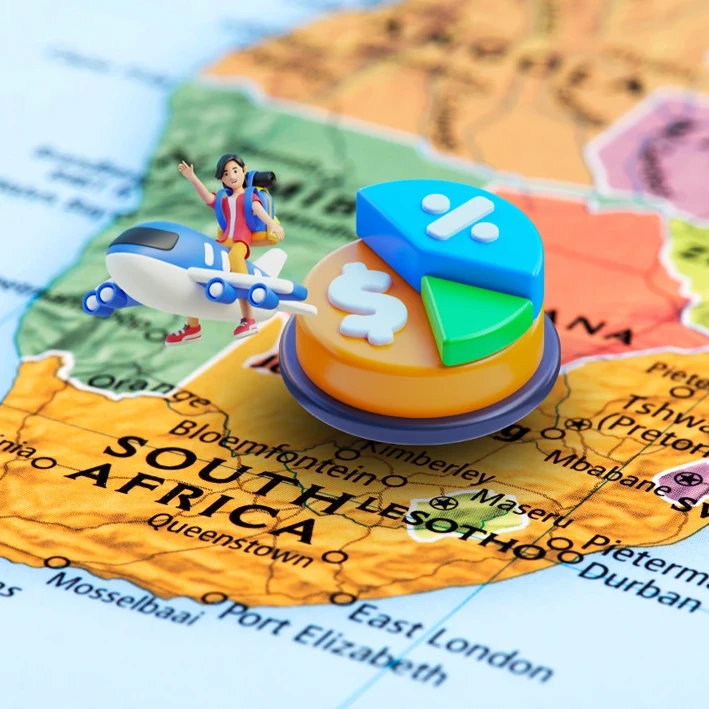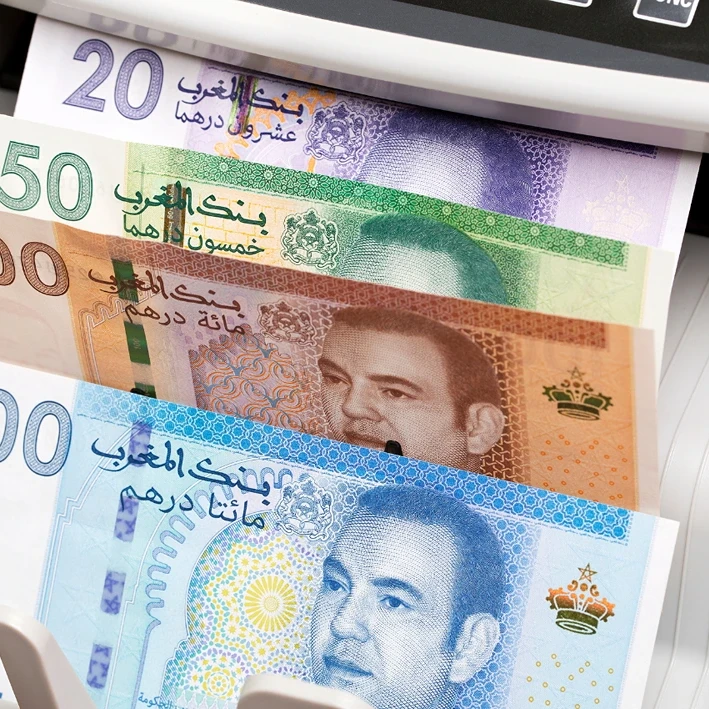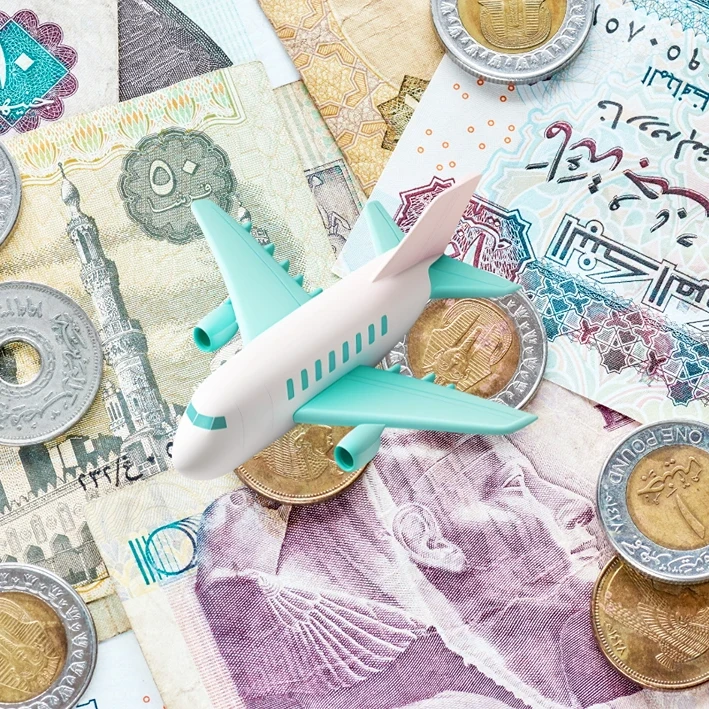Ever wondered how much it really costs to live in a country with one of the highest standards of living in the world? Welcome to Qatar, where soaring skyscrapers meet luxurious living, but at what price? This comprehensive overview breaks down the cost of living in Qatar, detailing everything from average monthly expenses to high salaries designed to offset these costs. Discover how housing, food, transportation, and utilities add up to create an economic landscape unique to this dynamic nation. Stay tuned to understand just how far your dollar, or rather Riyal, can stretch in Qatar. For those planning a visit, knowing the best time to travel to Qatar can significantly impact your budget. Traveling during off-peak seasons can help you save on accommodation and other expenses, making your stay more affordable.
Table of Contents
Understanding the Cost of Living in Qatar
Qatar boasts a high standard of living, carrying with it a corresponding high cost of living. This is reflected in the country’s robust infrastructure, premium services, and high-quality lifestyle options available to residents. Such a standard, however, comes at a price, which varies across different areas of daily life.
Average Monthly Expenses
- Housing: One of the most significant expenses, housing costs can range from $1,500 to $3,000 per month for a standard apartment in Doha, depending on the location and size.
- Food: Monthly grocery bills typically hover around $400 to $800, influenced by dietary preferences and shopping habits.
- Transportation: Public transport and fuel costs are relatively low, but owning a car involves additional expenses. Monthly transportation expenses can be approximately $100 to $300.
- Utilities: Costs for electricity, water, and cooling can add up to $150 to $300 per month, especially during the hotter months.
- Miscellaneous: Additional living expenses, including entertainment, dining out, and personal care, can amount to $200 to $500 monthly.
High Salaries and Cost of Living Index
To counterbalance these high expenses, salaries in Qatar are generally higher compared to many other countries. This is reflected in the cost of living index, which positions Qatar as one of the more expensive countries in the Middle East. However, the higher income levels typically ensure that residents are able to afford the elevated costs, maintaining a comfortable and high-quality lifestyle.

Accommodation Costs in Qatar
Accommodation costs in Qatar, particularly in Doha, can be significantly high. This is mainly due to the high demand for quality housing driven by the country’s growing expatriate population and economic development. The rental prices vary greatly depending on the type of housing and its location, with high-end areas commanding premium prices.
| Type of Housing | Average Monthly Rent |
|---|---|
| Studio Apartment | $1,000 – $1,500 |
| 1-Bedroom Apartment | $1,500 – $2,500 |
| 2-Bedroom Apartment | $2,500 – $4,000 |
| Villa | $4,000 – $7,000 |
| Luxury Apartment | $5,000 – $10,000 |
Rental costs in Qatar show considerable variation based on the housing type and location. For instance, areas like West Bay and The Pearl, known for their luxury accommodations, tend to have higher rental prices compared to more affordable neighborhoods such as Al Sadd or Al Mansoura.
Expatriates often seek cost-effective housing solutions to balance quality and affordability. Shared accommodations, where multiple tenants share larger apartments or villas, are common strategies to reduce individual rental costs. Additionally, some expatriates opt for housing allowances provided by their employers, which can significantly offset the high accommodation expenses.
Food and Dining Costs in Qatar
Food and dining costs in Qatar exhibit substantial variability. High-end restaurants in Doha, particularly those located in luxury hotels or popular expat neighborhoods, can be quite expensive. Conversely, local eateries and smaller dining establishments offer more budget-friendly options. This duality provides flexibility for both expatriates and locals when it comes to eating out. While you’re budgeting for food, don’t miss out on exploring the best places to visit in Qatar. These attractions offer a mix of cultural experiences and modern entertainment, ensuring you get the most out of your stay without overspending.
- High-end restaurant: $50 – $100 per person
- Mid-range restaurant: $20 – $50 per person
- Fast food: $5 – $10 per meal
- Local eateries: $3 – $15 per meal
Grocery prices for everyday items in Qatar tend to be higher than in many other countries. Imported goods, which are common in supermarkets, often come with a premium price tag. Typical shopping expenses include essentials like bread, milk, and meat. Fresh produce can also be costly, particularly items that are not locally grown. Despite these higher costs, a variety of supermarkets and local markets are available, allowing consumers to find competitive prices and manage their shopping expenses effectively.
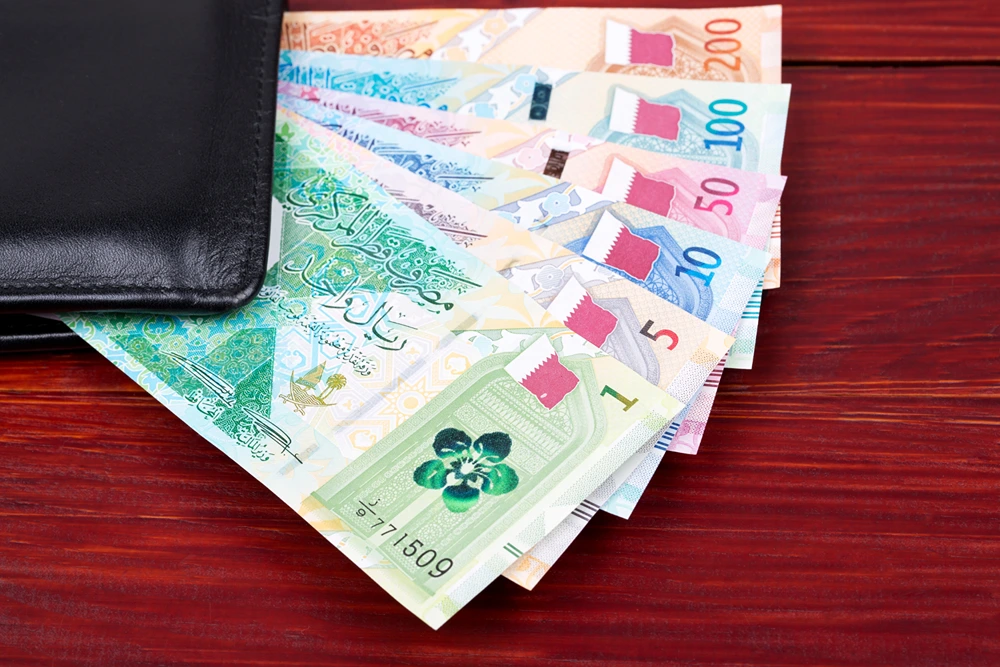
Transportation Costs in Qatar
Public transportation in Qatar is relatively affordable and accessible. The country offers a variety of options including buses, the Doha Metro, and taxis, catering to the needs of residents and expatriates alike. The public transport system is well-developed, providing a cost-effective means of getting around, especially in urban areas.
- Public transport fares: $0.55 – $2.75 per trip
- Taxi fares: $3.00 base fare + $0.50 per kilometer
- Fuel prices: $0.54 per liter
- Car maintenance costs: $300 – $600 annually
Fuel prices in Qatar are significantly lower compared to global standards, making car ownership relatively inexpensive in terms of fuel expenses. However, owning a car includes additional costs such as insurance and maintenance. Insurance premiums vary based on the type of vehicle and coverage, while maintenance costs can range from $300 to $600 annually, depending on the car’s make and model.
Overall, transportation in Qatar is quite affordable. Public transportation is budget-friendly, and the low fuel prices contribute to the cost-effectiveness of car ownership. The availability of a comprehensive public transport network and affordable taxi services further enhances the ease of commuting within the country. For more detailed information on transportation options, check out our guide on getting around in Qatar. This resource will help you navigate the public transport system, car rentals, and other travel options efficiently.
Utility Costs in Qatar
Utility costs in Qatar can be substantial, particularly during the hot summer months when air conditioning usage skyrockets. Primary utilities in Qatar include electricity, water, and internet, all of which contribute significantly to monthly expenses. The costs for these utilities can vary based on consumption levels, but they are essential for maintaining a comfortable lifestyle in the country’s extreme climate.
| Utility Type | Average Monthly Cost |
|---|---|
| Electricity | $100 – $200 |
| Water | $20 – $50 |
| Internet | $50 – $100 |
| Air Conditioning | $80 – $150 |
Seasonal changes significantly impact utility bills in Qatar. During the summer, electricity and air conditioning costs can rise sharply due to increased usage to combat the intense heat. Conversely, the cooler months can see a reduction in these expenses. Understanding these fluctuations is crucial for effective financial planning and budgeting for expatriates and residents alike. If you’re looking to explore more of the country without breaking the bank, consider embarking on some of the best road trips in Qatar. These trips offer a cost-effective way to see the diverse landscapes and attractions Qatar has to offer.
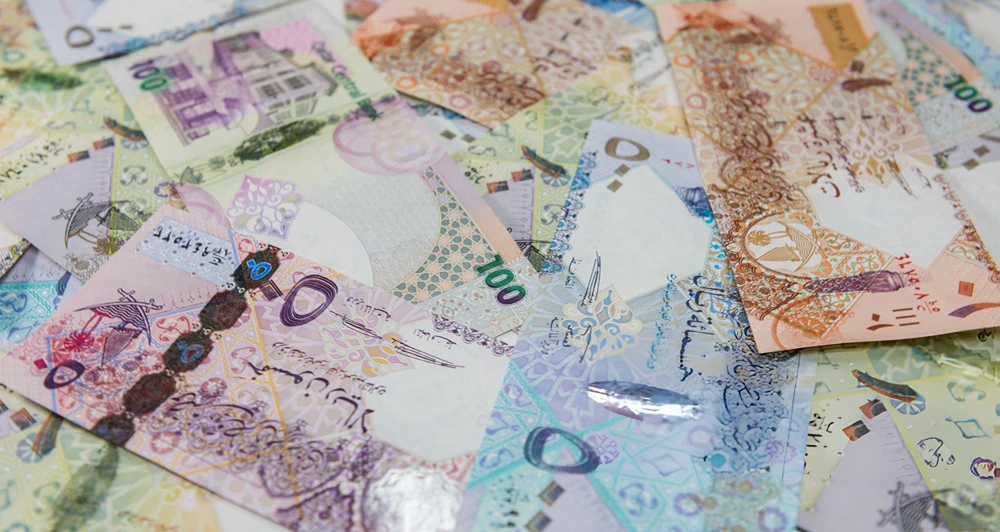
Entertainment and Recreation Costs in Qatar
Qatar offers a diverse range of entertainment and recreational activities to suit various budgets. From luxury experiences and high-end shopping to more affordable options, the country caters to both affluent and budget-conscious individuals. The availability of numerous entertainment venues ensures that there is something for everyone.
Average Costs for Different Activities
- Cinema tickets: $12 – $20
- Museum entry: $5 – $15
- Theme parks: $30 – $60
- Gym memberships: $70 – $150 per month
- Shopping: Variable, high-end shopping can be significantly more expensive than local markets
Tourism and luxury experiences in Qatar can be quite costly. High-end resorts, exclusive desert safaris, and premium dining experiences often come with a hefty price tag. However, the country also provides numerous cultural and tourist activities that are more reasonably priced. Visiting historic sites, exploring local markets, or enjoying public beaches are excellent ways to experience Qatar without breaking the bank.
Financial Planning and Banking in Qatar
The currency in Qatar is the Qatari Riyal (QR), which is abbreviated as QAR. The exchange rate for the Qatari Riyal can fluctuate based on economic conditions, but it is generally pegged to the US Dollar at a rate of 1 USD = 3.64 QAR. This peg helps to stabilize the currency, providing predictability for expatriates and residents when planning their finances. Before you dive into financial planning, make sure you’re aware of the visa requirements Qatar imposes. Understanding these requirements can save you time and money, ensuring a smoother transition to life in Qatar.
Essential Financial Planning Tips
- Setting a Budget: Develop a comprehensive budget that accounts for all monthly expenses, including housing, food, transportation, and utilities. This is crucial for managing your finances effectively in a high-cost environment like Qatar.
- Understanding Banking Fees: Be aware of the various fees associated with banking in Qatar, such as account maintenance fees, ATM withdrawal fees, and international transaction fees. Different banks have different fee structures, so choosing the right bank can save you money.
- Saving Money: Establish a savings plan to set aside a portion of your income each month. This can help build an emergency fund and provide financial security.
- Investing: Consider investment options available in Qatar, such as real estate, stocks, and mutual funds. Diversifying your investments can help grow your wealth over time.
- Insurance: Ensure you have adequate insurance coverage, including health, life, and property insurance. This is vital for protecting yourself and your assets against unforeseen events.
Banking Options and Personal Finance Management
Qatar offers a variety of banking options for expatriates, including local banks like Qatar National Bank (QNB) and international banks such as HSBC and Standard Chartered. When choosing a bank, consider factors like the range of services offered, fee structures, and the ease of international transactions. Many banks provide online and mobile banking services, making it convenient to manage your finances.
Understanding personal finance management is key to thriving in Qatar. This includes monitoring your spending, maintaining a good credit score, and staying informed about changes in the financial landscape. By following these guidelines, expatriates can achieve financial stability and make the most of their time in Qatar.
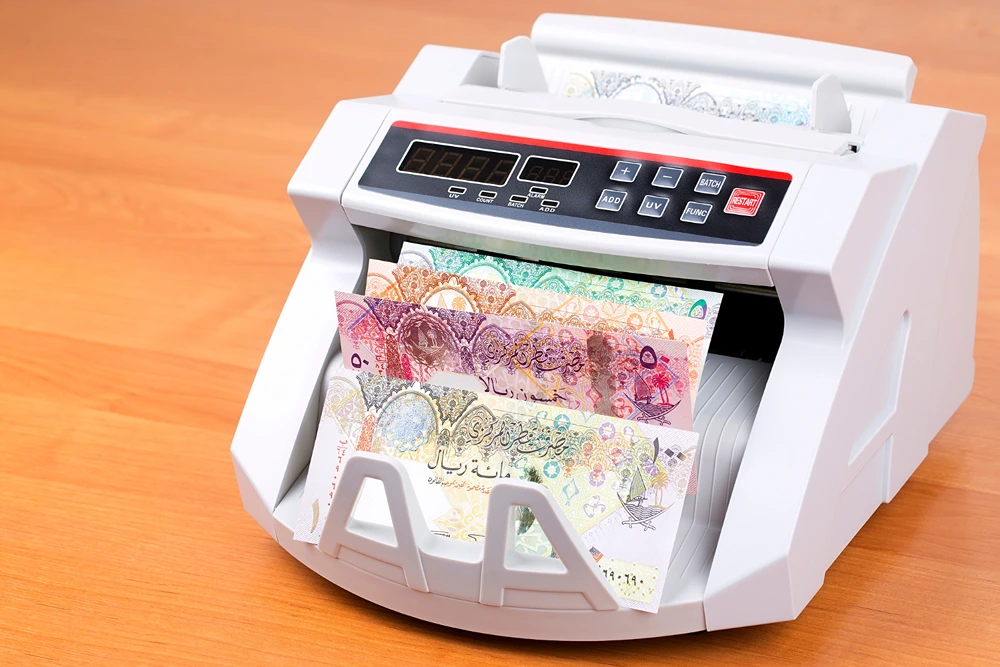
Final Words
Navigating the intricacies of the cost of living in Qatar can initially seem daunting.
This blog post provided detailed insights into monthly expenses, accommodation and food costs, transportation, and utilities in Qatar. Additionally, it covered entertainment expenses and essential financial planning tips.
Understanding money and costs for Qatar is pivotal for any expatriate or traveler aiming to make the most of their time in this vibrant country.
With higher salaries helping to offset living expenses, Qatar remains a viable and attractive destination. Equipped with this knowledge, making informed financial decisions is now more accessible.
Hazel Wall is a passionate traveler, writer, and explorer dedicated to sharing her experiences and insights with fellow adventurers. With a background in journalism and a deep love for discovering new cultures, Hazel has journeyed across continents, immersing herself in diverse landscapes and traditions.


